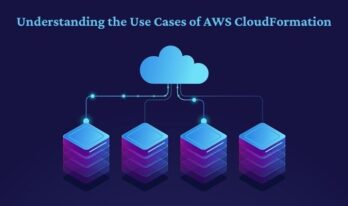Business intelligence (BI) is a set of technology-driven processes, technologies, and architectures that convert raw data into actionable information which drives informed/profitable actions.
Similarly, it’s a suite of services and software that transforms data into valuable intelligence and knowledge.
Some standard functions of BI technologies include reporting, analytics, online analytical processing, data mining, business performance management, process mining, complex event processing, text mining, predictive analytics, prescriptive analytics, and benchmarking.
In addition, BI technology can handle large amounts of structured and unstructured data to help identify and develop or create new strategized business opportunities.
Business Intelligence and Analytics
There isn’t a clear line between BI and analytics, but they are intimately connected in their approach towards resolving issues and providing insights on the present and past data.
Therefore determining future decisions. Some experts try to highlight that business analytics focuses on advanced statistics and predictive modeling to evaluate happenings in the future.
On the other hand, Business Intelligence is more focused on the present scheme of data, thus making the decisions based on current insights.
“BI is needed to run the business while Business Analytics are needed to change the business.” – Pat Roche, Vice President of Engineering at Magnitude Software (Source: Datapine)
Role and Importance of Business Intelligence in Future
There are many reasons for companies to choose BI solutions. For Instance, if you’re contemplating using BI software for your business, maybe you’re wondering if it is worth the time and expense to add it to your existing software suite.
These results may help finalize your decision on whether to add to your software suite or not.
Better planning and analysis
Companies felt that BI systems improved their analysis, reporting, and planning. 64% of responding companies ranked their ability to plan, analyze, and report data as good after the implementation of the BI suite.
Increased accuracy
Among the surveyed companies, 56% felt that BI data increased the accuracy of their analysis and planning.
Sales Forecasting
57% of them ranked sales forecasting as the most beneficial area. Whereas, other areas are customer behavior analysis (40%) and a unified view of customers (32%).
Keeping Track of Data
Companies collect a huge amount of data from their operations. Keeping track of the information would require a wide range of software programs, such as Excel, Access, etc. The usage of multiple software programs makes it difficult to perform analysis of the data in a timely manner. Therefore, the use of BI is important.
Better ROI
The reason behind business intelligence bringing better ROI is simple. In other words, the more insights you get into the trends and analytics of your processes, the more aware you are.
In conclusion, strategic attention leads to faster reporting and lowered operating costs.
Here are some of the BI Tools
You May Also Like To Read:
Business Intelligence Process Steps for Success
Business Process Reengineering Advantages and Disadvantages
Elements your Business Intelligence Solution is Probably Missing




